LATEST INSIGHTS
Your Present Location: LATEST INSIGHTS-
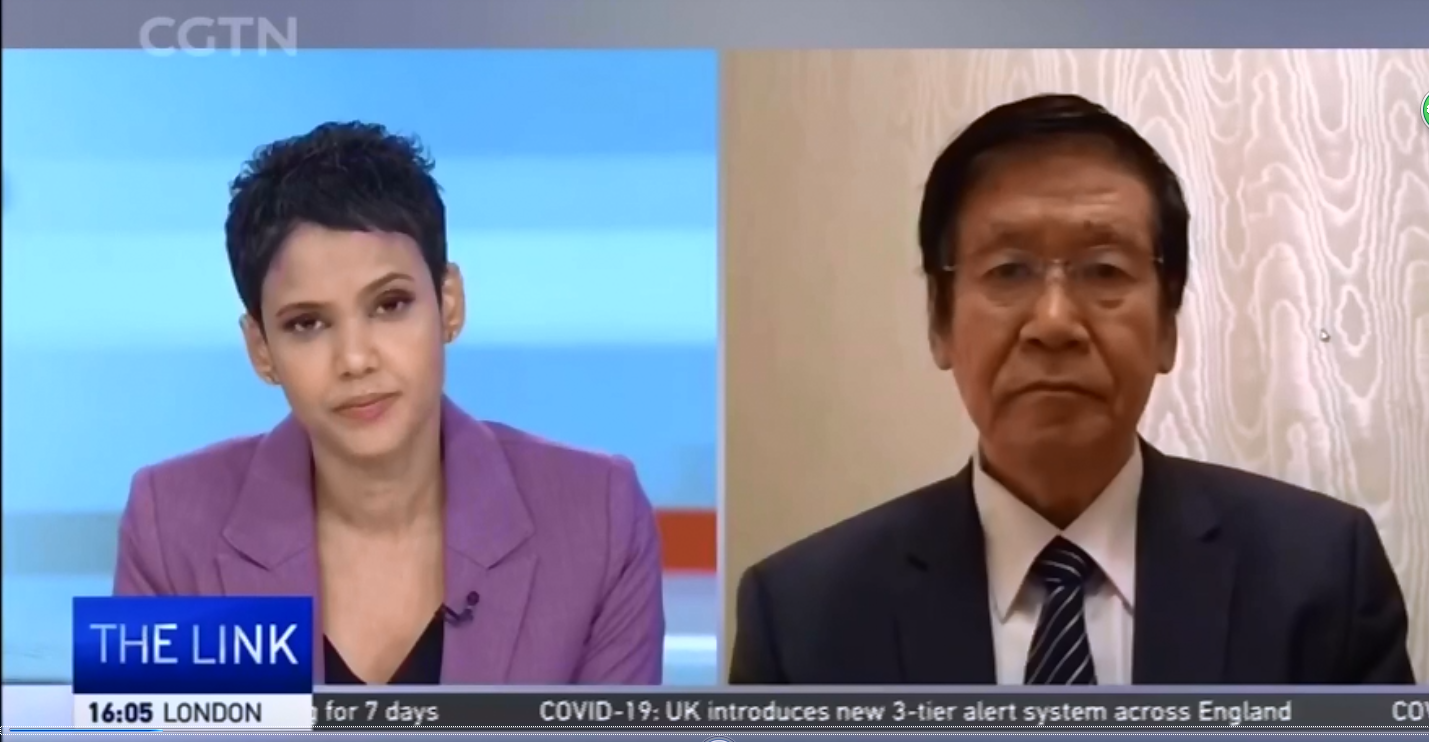
【CGTN】Liu Zhiqin: World economy amid COVID-19
China's foreign trade rose to record high in Q3
2020-10-15 -
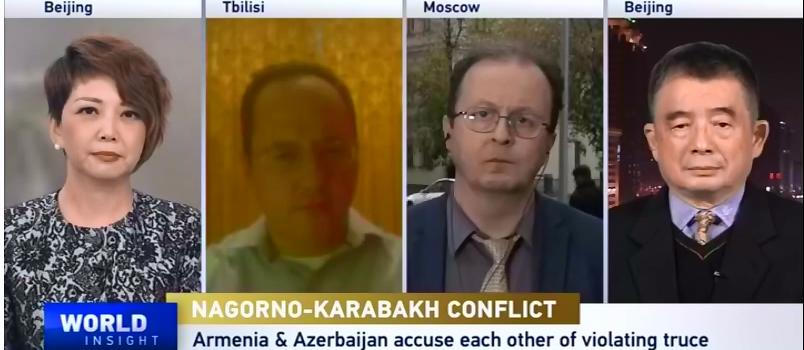
Zhou Rong:Turkey aligned with Azerbaijan, no formal ties to Armenia
Turkey aligned with Azerbaijan, no formal ties to Armenia
2020-10-13 -

Wang Wen: Is US a ‘financial zombie’ going bankrupt?
In an essay co-published by my colleagues and me in the latest edition of the renowned Chinese journal Contemporary International Relations, we revealed our findings that the US is becoming a "financial zombie."
2020-10-13 -
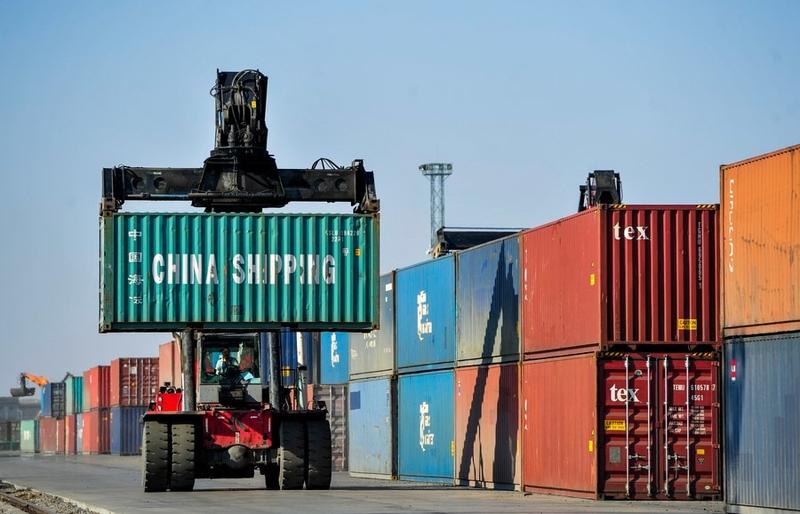
Opening-up key to dual circulation
To realize the goal of raising China's per capita GDP to the average in developed countries by 2050, our country should maintain an average growth rate of 4.8 percent annually in the next 30 years
2020-10-13 -
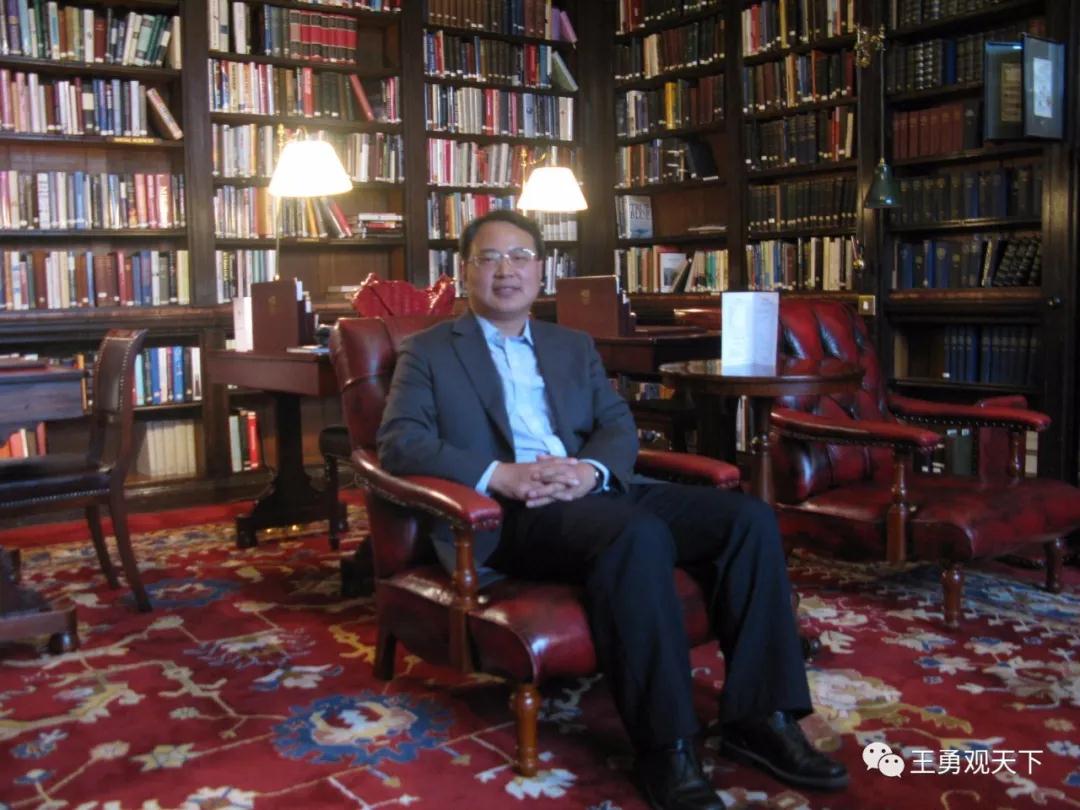
Wang Yong: The Impact of the Pandemic on China and Its Relations with the World
The Covid-19 pandemic is perceived as the worst global crisis since 1945, with UN Secretary-General Antonio Guterres calling it “the greatest challenge in the 75-year history of the United Nations.” In a telephone conversation with Guterres, Chinese President Xi Jinping said, “the Covid-19 outbreak once again shows that mankind is a community with a shared future, and the international community must foster a sense of community, help each other, and work together to tackle risks and challenges to build a better home for the planet.”
2020-10-13 -
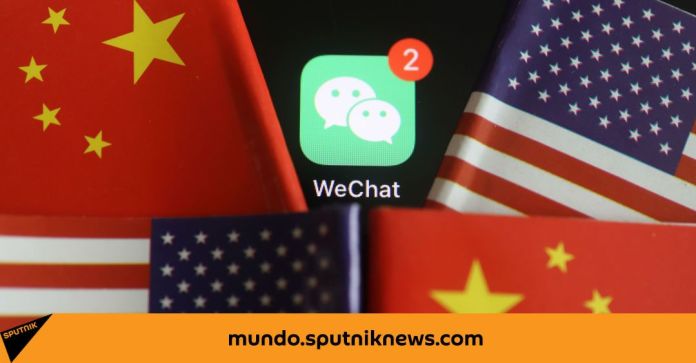
Liu Dian: Will WeChat Pay and Alipay be the next victims of US sanctions?
The Trump Administration is considering limiting the activity of Chinese payment services Alipay and WeChat Pay, media report. They emphasize that national security could be the reason for such restrictions.
2020-10-12 -
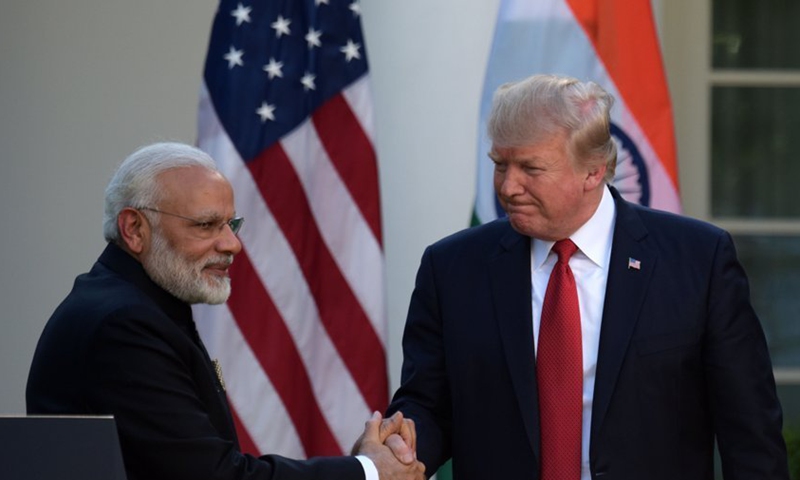
Liu Zongyi: US, India to remain strange bedfellows regardless of any military pact
With over 10 days before the US-India 2+2 Ministerial Dialogue between the foreign and defense ministers of the two sides, which will reportedly take place on October 26 and 27, some Indian media outlets have already started hyping up a deal to be signed - the Basic Exchange and Cooperation Agreement (BECA) for geo-spatial cooperation. They have a reason to cheer - the signing of the deal would mean the establishment of a basic military alliance between them.
2020-10-12 -
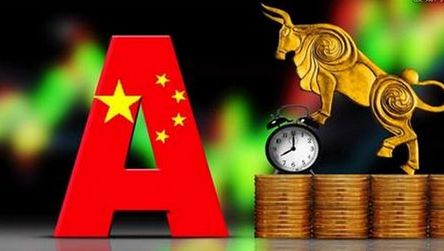
Peter Koenig: Towards a New Gold Standard? Or a Currency War with China?
Rumors have it that the remaining months of 2020 may bring drastic and explosive changes in the world’s financial system. But such “doomsday” rumors have been floating around every beginning of fall during the last few years. Why? – The US dollar is getting weaker and weaker. It is not quite on a free fall, but still remains a major trading currency and a key world reserve currency. And for many economists that’s difficult to understand.
2020-10-10 -

Chinese Exports to the U.S. Get a Lifeline From Coronavirus-Related Demand
Chinese language shipments of virus-related items to the U.S. have helped the nation offset sharp drops in its prime export classes on account of Washington’s tariffs and the worldwide economic downturn.
2020-10-10 -

Liu Zhiqin: The US decision on China is“imminent”? China must guard against it, only stand up
China’s just-concluded National Day and Mid-Autumn Festival has just concluded hundreds of millions of Chinese people trapped in the”epidemic haze”, ecstatic, rushing to all directions, knowing the way Blocked, biased towards blocking the road. Long-lost lively noises appeared throughout the country. People are intoxicated with the joy and excitement of the initial recovery of the serious illness and the initial disappearance of the epidemic.
2020-10-10 -

Mid-Autumn Festival and National Day superimposed on China's "ultra-long golden week" to help the consumer market to recover
China News Agency, Beijing, October 6th Crossing more than 500 kilometers and making two high-speed rail transfers, Zhang Qing from Ganzhou, Jiangxi arrived in Quanzhou, Fujian on the second day of the Mid-Autumn National Day super-golden week. This year's first "out of town" trip.
2020-10-09 -
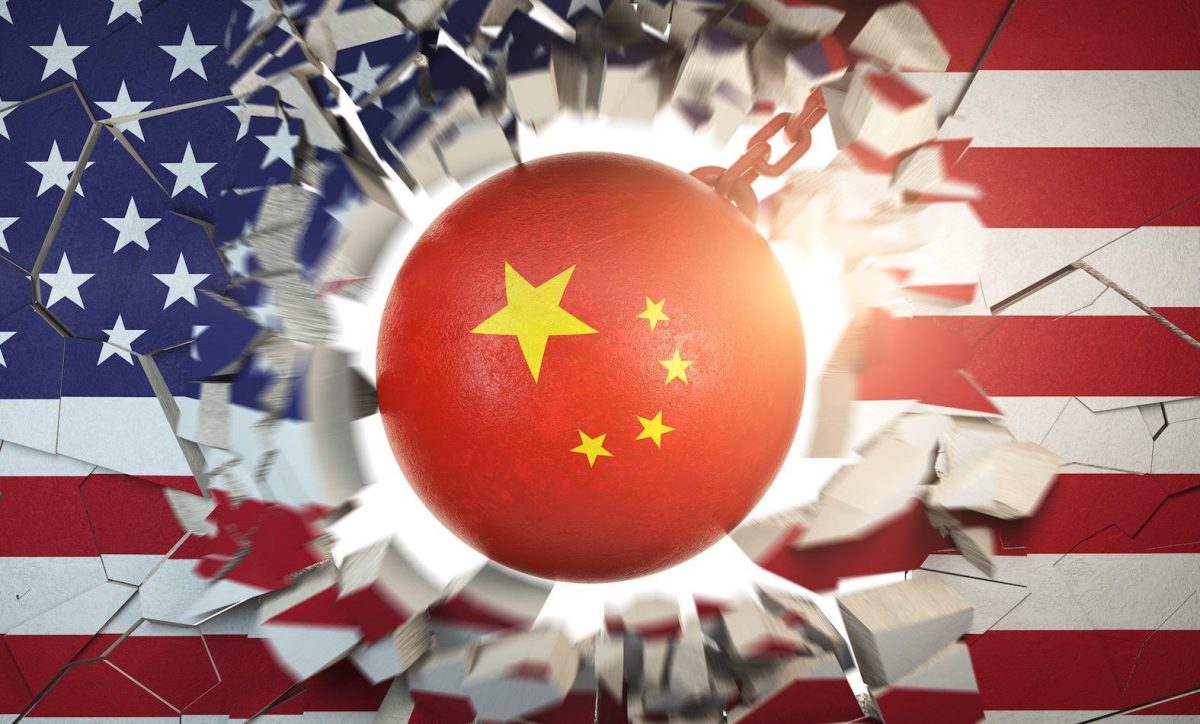
Vijay Prashad And John Ross:Why America’s economic war on China is failing
President Donald Trump, supported by most of the US establishment, deepened the government’s assault on the Chinese economy. The “trade war” seemed to play well with Trump’s political base, who somehow hoped that an economic attack on China would miraculously create economic prosperity for them.
2020-10-09 -

Swiss airport retailer Dufry forms JV with Alibaba to tap into China's duty-free market amid pandemic
Switzerland-based airport retailer Dufry AG said Monday it will form a strategic joint venture (JV) with Chinese e-commerce giant Alibaba in China, in a move to grab a piece of cake of China's booming duty-free retail sector at a time when international travel has been severely impacted by the global pandemic.
2020-10-09 -
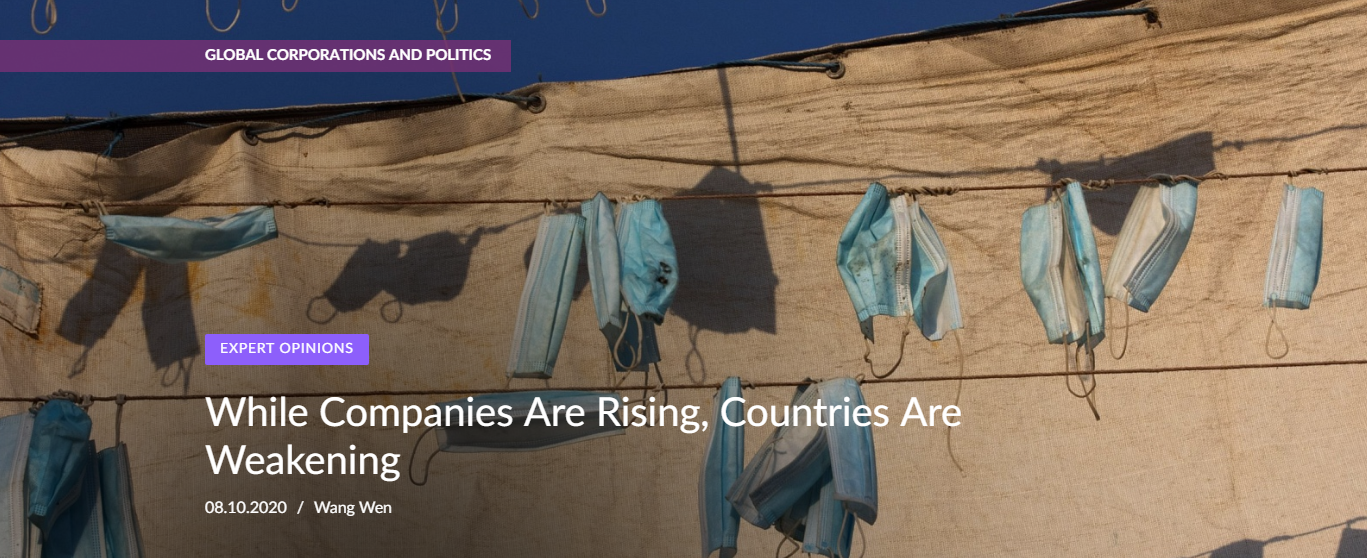
【Valdai Club Expert】Wang Wen: While Companies Are Rising, Countries Are Weakening
The COVID-19 outbreak is disintegrating the original governance system, and the international power structure is further fragmented, stratified, and regionalized. As I mentioned in an article I once wrote, the era of globalization dominated by one country or group of countries has come to an end. The international order cannot be dominated by G2, G7, or G20. Instead, “n” forces may influence or dominate different global events at different levels, which we call “Gn”.
2020-10-09 -
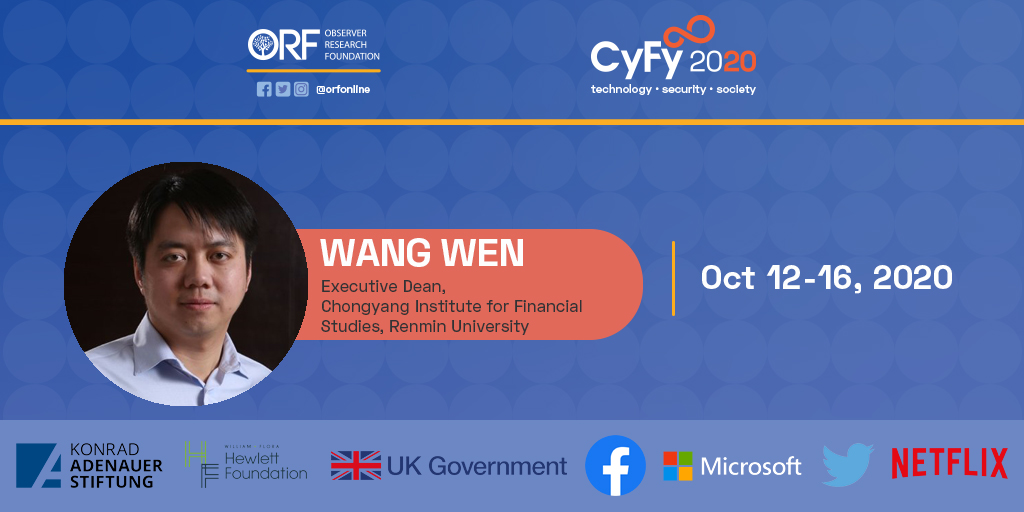
RDCY was invited to participate CyFy2020
CyFy 2020 will gather an international community of experts — for the first time in a virtual setting — to identify, interrogate and interpret the new normal that is emerging in our global digital society. Over the course of a week, five themes will animate CyFy’s virtual discussions.Dr.Wang Wen — Executive Dean at Chongyang Institute for Financial Studies, Renmin University of China is invited to participate at #CyFy2020.
2020-10-09 -
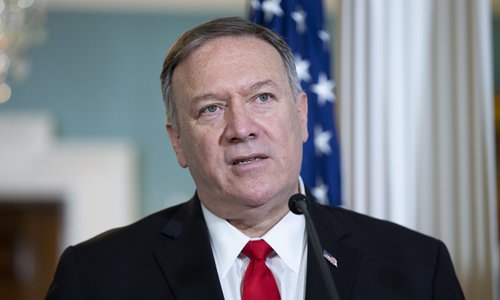
William Jones: Secretary Pompeo Can Pompeo’s anti-China rhetoric gain attention in Asia-Pacific?
After a whirlwind tour of Europe to rally the European Countries around his Anti-China crusade with mixed success, U.S. Secretary of State Mike Pompeo now turns his attention to the Asia-Pacific.
2020-10-07 -

Vijay Prashad: How Ecuador’s democracy is being suffocated
2020-10-07 -
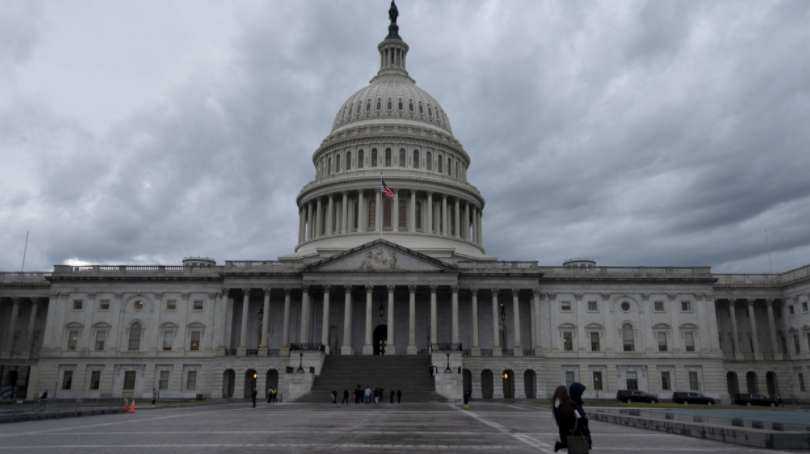
William Jones: Congress gripped by new wave of McCarthyism
A new report by the congressional "China Task Force" issued on September 30 reflects and expands on the new wave of McCarthyism now sweeping through Washington like a rapidly spreading virus. The authors of the report, House Republican Leader Representative Kevin McCarthy (no relations to Joe McCarthy according to reports) and Democrat Michael McCaul, the chairman of the task force, attempted to get House Democrats to sign on to their report, but failed, perhaps more for petty political reasons than for real philosophical differences.
2020-10-07 -
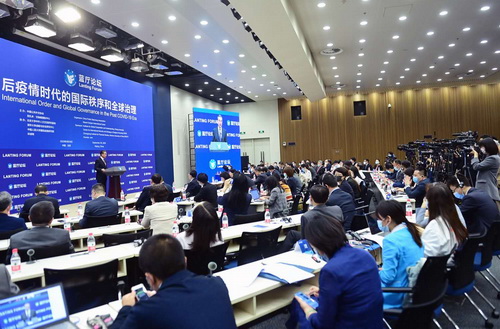
Global governance likely takes regional form in post-pandemic era
Editor's Note:Under the theme "International Order and Global Governance in the Post-COVID-19 Era," the Lanting Forum was held at China's Ministry of Foreign Affairs on Monday. RDCY is one of the organizers, the forum gathered officials, scholars and economists worldwide to participate. The following are speeches given by three speakers.
2020-09-30 -

HSBC stages 9.2% rebound after Ping An increases stake
The shares of British bank HSBC rose 9.22 percent on Monday to close above HK$30 ($3.87), the biggest single-day gain since 2009, after plunging to a quarter-century low last week amid scandals that may land the lender on China's unreliable entity list.
2020-09-30
























































































 京公网安备 11010802037854号
京公网安备 11010802037854号





